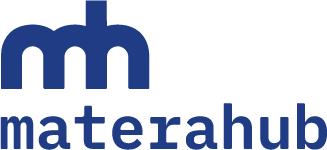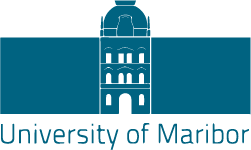GreenTeam
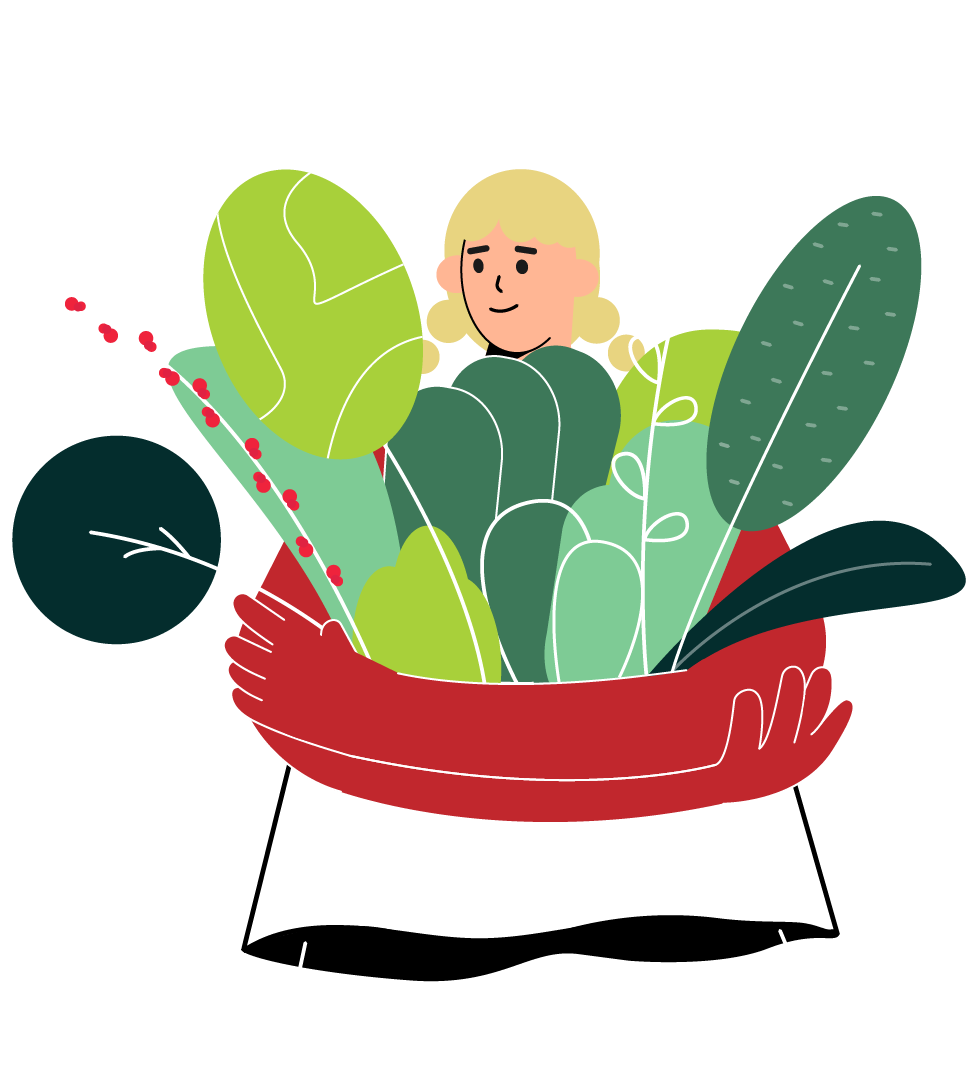
ABOUT GREENTEAM
GreenTeam – Education for climate and ecological emergency is an Erasmus+ funded project which aims at building knowledge, skills and attitudes in the field of climate change and sustainable development. GreenTeam envisages popularization of modern, innovative e-learning methodology and tools to raise participants’ competences related to ecology and providing educators and teachers with appropriate tools for working with youth. The following outputs and actions were envisioned: creation of an innovative e-learning platform with a MOOC course, development of teaching didactic guides as well as development of workshop programme materials and their testing and implementation during workshops.
ABOUT PLATFORM
On the platform you will find a fully free interactive course. You need to get a minimum of 80% to fully complete the course. As a student, you can approach the course individually at any time or attend a workshop conducted by your teacher. Using the platform as a teacher, you will get access to free learning materials allowing you to conduct 10 unique workshops. As a teacher, you can also create a group with your students and track their progress in the course.
For students
Here, you can find the GreenTeam course consisting of 10 modules, each dedicated to a different aspect of the climate change and sustainable development field. The course will help you in your development and increase your possibilities of engagement in future expanding areas and sectors of the European labour market.
Learn about our course

For teachers
Here, you can access the GreenTeam course consisting of 10 modules, each dedicated to a different aspect of the climate change and sustainable development field. For each module you will also find workshop materials: handout for students, a presentation, two lesson plans and two exercises, which will help you in delivery of workshop for students. Finally, you can also find a didactic guide which will give you information about the theory and practice of teaching and learning.
ABOUT THE COURSE
The course is divided into 10 modules: Carbon footprint, Renewable energy, Sustainable consumption and ecological behaviour, Biodiversity, Water management, Food and agriculture systems, Environmental protection, Recycling and biodegradation, Climate knowledge, Transport and pollution. Each module starts with an introduction followed by a list of four learning objectives. The knowledge on the topic is then presented in an innovative and attractive way using infographics, presentations, videos, animations, texts and many more. Throughout the course interesting activities designed to test your knowledge are included with a final quiz at the end of each module. Each module also consists of self-assessment to be done before and after familiarizing yourself with the content.

Carbon footprint
Carbon footprint is the total, annual emissions of greenhouse gases (mainly carbon) related to the activities of the specific organisation or individual. Lowering carbon footprint significantly benefits environment.
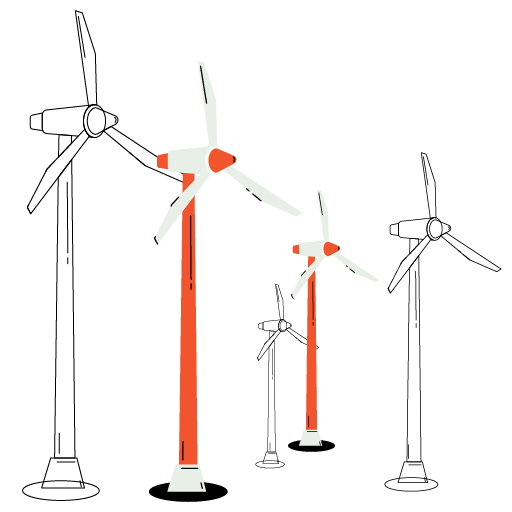
Renewable energy
Renewable energy is a usable power (such as heat or electricity) that comes from a renewable or green resource or processes that are constantly replenished. These are for example solar, wind, geothermal energies or hydroelectric power.
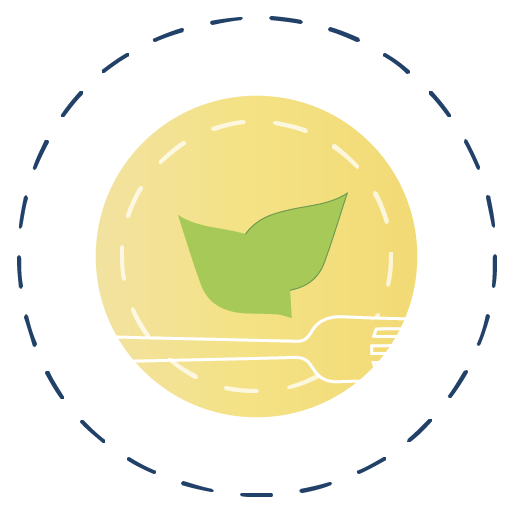
Sustainable consumption and ecological behaviour
Sustainable consumption and ecological behaviour mean the promotion of resource and energy efficiency, as well as ensuring access decent and environmentally friendly jobs and a better quality of life while respecting the whole ecosystem.
Biodiversity
Biodiversity refers to the variability of life forms and is a key term in regards to the goals of conservation of natural resources and sustainable development.

Water management
It is the coordinated development and management of water, land, and related resources to achieve maximum sustainability of ecosystems and ecosystem services.

Food and agriculture systems
This module offers a comprehensive overview of environmental and societal impacts of various agricultural systems (e.g. permaculture, biodynamics, agroecology) and helps in understanding the multifunctional role of food and agriculture systems in general.

Environmental protection
Closely connected to prevention and restoration, environmental protection is the act of protecting the natural environment at the individual, the collective, and governmental levels.

Recycling and biodegradation
Recycling is the process of converting waste materials into other products, materials, etc. while biodegradation is the degradation of the materials into natural products with the contribution of microorganisms.

Climate knowledge
Climate change is a problem with changing temperatures and weather patterns have been driven mainly by human activities. This module helps in gaining useful information regarding it with possible applications in your daily life and professional paths.

Transport and pollution
Transport plays a very important role in today’s society and economy, however it also affects the environment in terms of carbon emissions, additionally consuming a lot of energy.
COURSE CREATORS
The project is co-funded by the European Union and led by the consortium of 5 partner organizations: Stowarzyszenie “Euro Lider” from Poland, Asociación Valencia Inno Hub from Spain, University of Maribor from Slovenia, Consorzio Materahub Industrie Culturali e Creative from Italy and Center for Education and Innovation from Greece.

PROJECTS CO-FUNDED BY THE ERASMUS+ PROGRAMME OF THE EUROPEAN UNION
The European Commission's Erasmus+ Programme provides funding to projects at the European level that bring organisations from different countries partnering together to develop new innovative resources, networks, platforms, or tools to the benefit of European.



